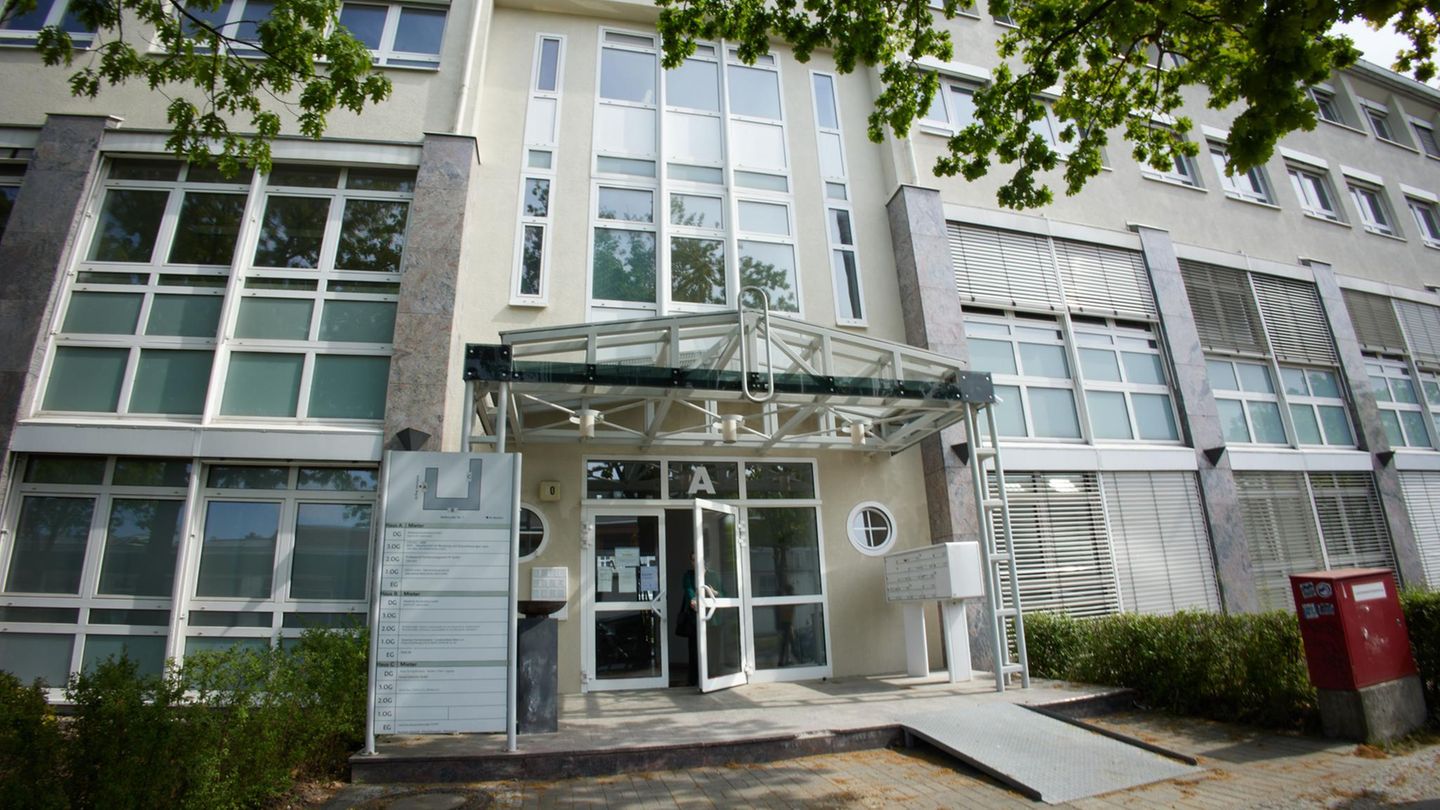Constant stress makes you sick. Researchers from the USA have now discovered that negative stress could cause the immune system to age faster.
One appointment follows the other, the to-do list seems endless, there are conflicts in the family – permanent negative stress makes you ill. The consequences include listlessness, gastrointestinal complaints and insomnia. Researchers at the University of South California have now discovered how the immune system suffers when the body is under constant stress.
With increasing age, it is quite normal for the immune system to weaken. Pathogens find it easier to penetrate the body because the immune system weakens over the years. As we age, the immune system’s T cells become less effective at fighting pathogens. There is a lack of “fresh” defense cells. The immune system needs this to fight new and unknown pathogens. Another factor is that there are more worn-out white blood cells. This age-related weakening of the immune system is called immune senescence. The result: a higher risk of age-related health problems such as cancer or cardiovascular diseases.
Immune system ages due to stress
When two people hit 50, they may have different immunological ages, study author Eric Klopack explains in The Conversation. Immune senescence can also be observed in middle age. Persistent stress is considered a possible cause. To test this thesis, the researchers asked 5,744 people over the age of 50 about social stress and took blood samples. The scientists asked the subjects about various stress factors: stressful life events, lifelong and everyday discrimination, trauma and chronic stress (e.g. through work).
The result: The subjects: inside, who were exposed to more stress, had an older immune system. Researchers found more worn-out white blood cells and fewer “fresh” immune cells in them. “Older T cells that have exhausted their ability to fight off invaders produce proteins that can increase inflammation. People with low levels of newer T cells and high levels of older T cells have an aged immune system,” explains Eric toilet pack. The researchers were also able to see the connection between stress and the aging of the immune system when they took into account factors such as alcohol consumption, smoking status and body mass index. In their study, the researchers were also able to observe that long-term stress leads to a lack of exercise and poor eating habits.
Changing your lifestyle can have a positive impact
However, those who eat well and exercise enough seem to be able to compensate for the negative effects of stress. Better stress management can also have a positive effect on the immune system. However, Klopack emphasizes that the type of study he and his team conducted cannot fully clarify cause and effect. More studies are needed to better understand how chronic stress affects immune aging.
“Less aged immune systems are better able to fight infection and generate protective immunity from vaccines. Immune senescence may explain why people are likely to have more severe cases of Covid-19 and a weaker response to vaccines as they age. For the research is it is important to better understand the aging of the immune system,” says Eric Klopack.
Sources:
Source: Stern




